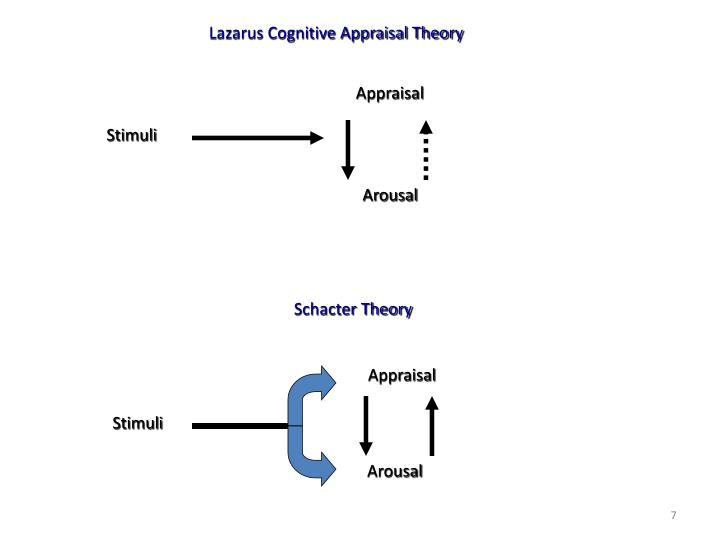

The purpose of this theoretical paper is to describe the transactional theoretical framework of stress, appraisal, and coping theories. Using Stress Theory in Clinical Assessments After a Disaster This knowledge will help clinical professionals more effectively treat clients and ultimately help them mitigate negative effects on health, functioning patterns, and overall well-being. In order to better serve all demographic groups, more specific knowledge about coping with the psychological impact of stressful events is necessary. However, even among less vulnerable populations, there are wide variances in how individuals cope over time with disaster, potentially traumatic events, or terrorism-related stressful experiences ( Bonanno, 2004 Lating, Sherman, & Peragine, 2006 Linley & Joseph, 2004 Pfefferbaum et al., 2006 Walker & Chestnut, 2003). Consequently, mental health professionals continue to develop clinical programs ( Marshall & Suh, 2003) and public health services ( Felton, 2002 Klitzman & Freudenberg, 2003) to address the unique needs of particularly vulnerable populations. For example, children, adolescents, the disabled, and the elderly are vulnerable populations that require special attention ( Hoven, Duarte, & Mandell, 2003 Rubonis & Bickman, 1991). We do know that developmentally, disasters affect people differently at various ages and stages ( Weisaeth, 1993). Science has yet to provide a definitive answer to this question about coping after extreme situations ( Linley & Joseph, 2004). Understanding how people assess events and react to these events is one key to helping them move through taxing situations resourcefully.Īn important aspect to developing effective treatments for psychological stress reactions following a natural or human-caused disaster is studying why some individuals adapt following these demanding situations and why others do not ( Norris, Friedman, & Watson, 2002 Norris, Friedman, Watson, Byrne, et al., 2002 Rubonis & Bickman, 1991). As a result, clinical practitioners increasingly need more sophisticated models defining disaster-related psychological stress responses and methods that their clients can use to effectively cope with it. Work stress, family stress, financial stress, chronic stress, and, for some, posttraumatic stress are no longer isolated experiences but common refrains shared by people from varied backgrounds and in differing social circumstances. Stress has become a common denominator in our fast-paced, complex society. Increased Stress Is Common Social Problem KEY WORDS: disaster, theory, coping, September 11, mental health professionals, graduate students Theoretical knowledge about stress, more specifically coping with the impact of psychological stress, will provide information that can help clinical professionals more effectively assist clients in resuming positive functioning and well-being after a disaster. Illustrative examples are drawn from studies on social workers who experienced the World Trade Center disaster in New York City. This paper also discusses the role that theory can play in facilitating clinicians' assessment of the coping strategies their clients use to decrease distress in the aftermath of a disaster.

In clinical practice, this theoretical framework can be effectively utilized in the assessment, intervention, and evaluation of an individual's psychological stress and coping responses. Folkman, 1984), a framework that integrates stress, appraisal, and coping theories as they relate to how individuals react to psychologically stressful situations and/or environments. This conceptual article describes transactional theory (R. Matthieu, Senior Instructor and National Research Service Award Fellow, Center for the Study and Prevention of Suicide, Department of Psychiatry, University of Rochester Medical Center, 300 Crittenden Boulevard, Box PSYCH, Rochester, NY 14642. For permissions, please e-mail: Stress, Appraisal, and Coping Theories in Clinical Practice: Assessments of Coping Strategies After Disastersįrom the Center for the Study and Prevention of Suicide, Department of Psychiatry, University of Rochester Medical Center (Matthieu) and the Columbia University School of Social Work (Ivanoff)Ĭontact author: Monica M. Brief Treatment and Crisis Intervention Advance Access originally published online on August 28, 2006īrief Treatment and Crisis Intervention 2006 6(4):337-348 doi:10.1093/brief-treatment/mhl009


 0 kommentar(er)
0 kommentar(er)
